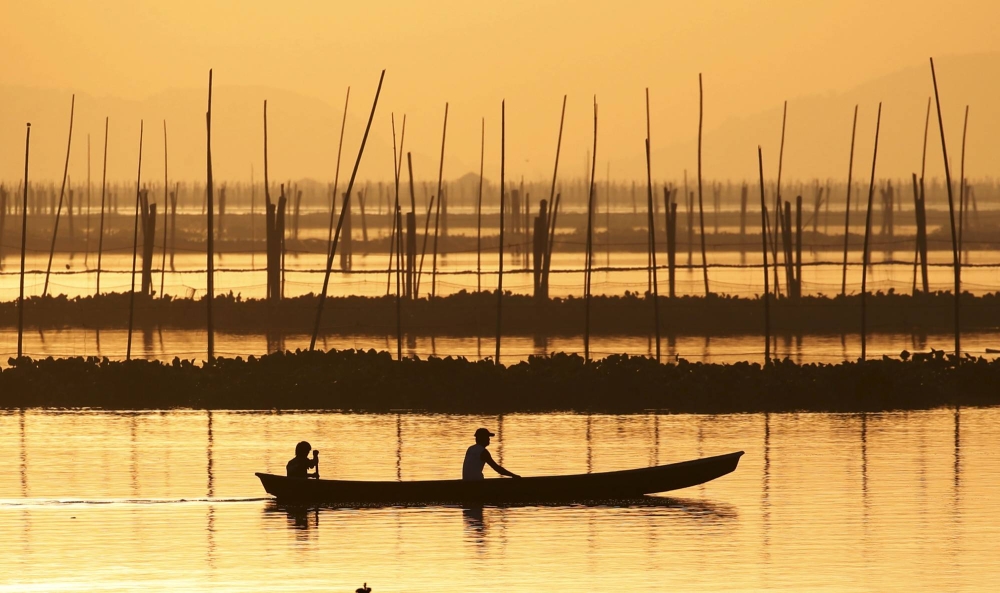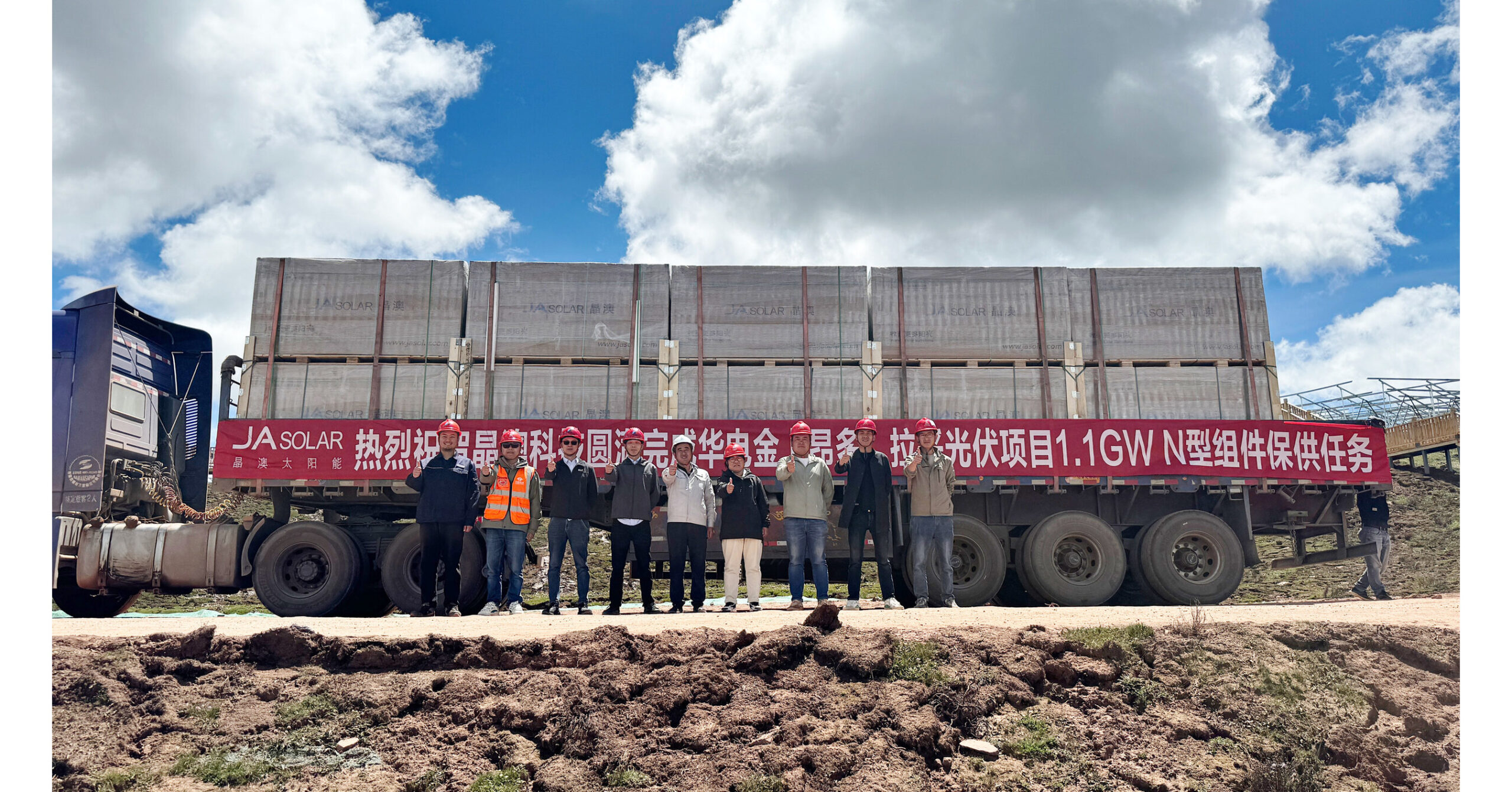Fishers in the Philippines are raising concerns over a government plan to install floating solar panels on Laguna de Bay, the country’s largest lake and a critical source of freshwater fish. Alejandro Alcones, a 55-year-old fisherman who has relied on the lake for decades, fears that the new solar energy initiative might threaten his livelihood and those of thousands of others.
Balancing Solar Energy Development and Livelihoods
The Philippine government is looking to floating solar technology as a solution to its renewable energy needs. With limited land resources, the country is exploring alternative methods to meet its ambitious goal of generating 50% of its electricity from renewable sources by 2040. Floating solar panels, installed on reservoirs, ponds, and offshore waters, present an attractive option for countries with high population density and land scarcity.
The Laguna Lake project aims to cover 2,000 hectares of the lake’s surface with solar panels, generating approximately 2 gigawatts of electricity by 2026. This project, however, has raised alarms among local fishers. Laguna de Bay supports the livelihoods of around 13,000 people, many of whom rely on fishing and aquaculture. The installation of the floating solar panels threatens to reduce access to fishing grounds, which are already shrinking due to previous development projects.
Environmental and Social Concerns
The Laguna Lake Development Authority (LLDA) has acknowledged these concerns and has held discussions with fisher groups. The LLDA assures that efforts will be made to minimize displacement. However, the National Federation of Small Fisherfolk Organizations in the Philippines, known as Pamalakaya, argues that the consultations have been insufficient, potentially affecting over 8,000 fishers. The group also fears that the panels could become hazardous during typhoons, disrupting fishing activities and damaging docks.
Environmental experts share these concerns, warning that floating solar panels could lead to various ecological issues. Disruptions in photosynthesis, increased sedimentation, and reduced fish yields are among the potential risks identified by the Responsible Energy Initiative, which advocates for socially just and environmentally safe renewable energy solutions.
A Path Forward for Green Energy
Despite these challenges, the Philippine government remains committed to the project, viewing it as essential for the country’s energy transition. The Department of Energy supports the development of floating solar farms, believing they will significantly contribute to the nation’s renewable energy targets. With 62% of the country’s electricity currently generated from coal, the shift to renewable energy has become increasingly urgent.
Floating solar farms offer a solution to the land competition issues that have plagued traditional solar developments. Research suggests that the technology could help the Philippines lead in Southeast Asia’s solar energy market. While floating solar farms currently account for only 500 megawatts of power production in the region, this capacity is expected to increase significantly.
Weighing the Costs and Benefits
For the fishers of Laguna Lake, the benefits of the solar project remain uncertain. While some believe the initiative could enhance fisheries by providing new breeding grounds beneath the panels, others like Alcones are skeptical. They worry that the short-term disruptions and long-term ecological changes may outweigh the potential benefits.
As the Philippines pushes forward with its renewable energy goals, balancing these developments with the needs of local communities will be crucial. The ongoing dialogue between the government and those impacted will determine whether the country can achieve a sustainable energy future that benefits all stakeholders.
This project underscores the complexities of integrating green energy policies with the livelihoods of vulnerable communities, highlighting the need for a more inclusive approach to solar energy investment and development.
Source:japantimes.co.jp





